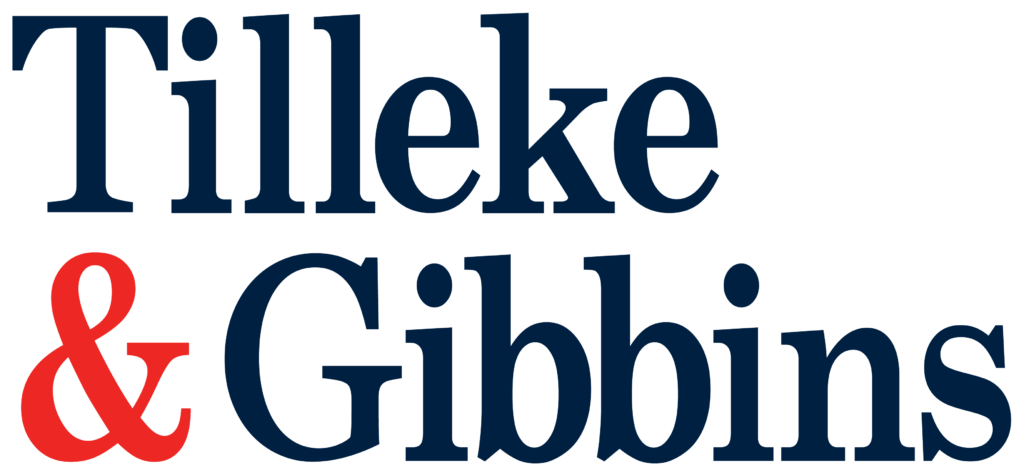Thailand – Thai SEC Proposes Changes To Takeover Rules.
Thailand’s Securities and Exchange Commission (SEC) has announced a public hearing on proposed amendments to takeover regulations under Thailand’s Security and Exchange Act B.E. 2535 (1992) (and the regulations issued thereunder) that have the potential to reshape the country’s market for takeovers. The proposed changes, which have not yet been compiled in a formal draft regulation, may affect acquisition planning but could also help reduce unnecessary regulatory and administrative burdens. The SEC is accepting comments on the proposed changes through its website until November 30, 2024.
The key proposed changes are detailed below.
- Alignment of tender offers and reporting under Section 246: Previously, Section 246 (reporting of acquisition/disposition upon reaching or crossing any multiple of 5% shareholding) focused only on group shareholding changes, while Section 247 (tender offer obligation) looked at both groups and individuals to trigger tender offering obligations. The proposed amendment aligns these requirements by considering only group-level triggers for both sections.Another change addresses situations where an entity acquires another entity (persons under Section 258) that already holds shares in a listed company. Currently, actions of shareholders in a listed company resulting in a person under Section 258 and such shareholders as a group holding shares in a listed company in aggregate and triggering the tender offer threshold only result in reporting under Section 246 while having no tender offer obligation.Under the proposed amendment, such actions will trigger a tender offer obligation—not immediately upon the acquisition of persons under Section 258 and reaching or crossing the relevant threshold, but once there is any increase (even a single share) in the shareholding in the listed company, unless the circumstances fall into an exemption (e.g., disposal of the additional shares within seven business days) or a waiver is obtained. Currently, obligations are triggered at the next threshold, but this amendment will implement a “one share rule” instead.
- Expanded exemptions to tender offer obligations: The proposed amendments ease tender offer rules, especially when there will be no significant change of control. Some of the key proposed new exemptions include securities acquisitions conducted in the following situations:
- To comply with other laws;
- Through an amalgamation or a preferential public offering (PPO) to maintain shareholder proportions (similar to a rights offering (RO)), without seeking additional control; or
- As part of a rehabilitation plan approved by the court or in compliance with a Bank of Thailand regulation related to a plan to resolve financial institution issues.
- Pricing transparency: The proposed changes designate the pricing method for making a tender offer through the chain principle, by requiring the use of the highest acquisition cost 90 days prior to the submission of the tender offer form to the SEC. If there was no acquisition in that period, pricing calculations should be based on the VWAP (volume-weighted average price) over a period starting 20 business days before the acquisition date. Further clarification may be needed regarding which level of the chain should be used for pricing calculation.
- Tender offer conditions: The proposed change aims to have the tender offeror ensure that its Section 258 persons comply with certain mandatory conditions (e.g., not obtaining shares at a price higher than the tender offer price in the six months following the end of the tender offer period, and taking no actions differing from those specified in the tender offer in the year following the tender offer period). This includes obligations to comply with applicable exemptions, such as those allowing for a partial tender offer.
- Whitewash exemptions: The proposed amendment expands the whitewash exemption to cover any new investors from a private placement of remaining shares after an RO or PPO, instead of only granting whitewash exemptions to existing shareholders as under the current rule. However, the private placement threshold allowable under the whitewash exemption has not yet been specified and will require further clarification from the SEC.
The consultation period for the SEC’s proposed amendments to Thailand’s takeover rules is open until November 30, 2024. As there is not yet a formal draft regulation, the opinions gathered on the proposed principles described above will receive consideration as the draft is being prepared. Another hearing can be expected once a draft regulation is available.
For further guidance on takeover regulations, or any aspect of capital markets in Thailand, please contact our experts Patcharaporn Pootranon at patcharaporn.p@tilleke.com, Veerakorn Samranweth at veerakorn.s@tilleke.com, or Narita Sakunchotikarote at narita.s@tilleke.com.

For further information, please contact:
Patcharaporn Pootranon, Partner, Tilleke & Gibbins
patcharaporn.p@tilleke.com





